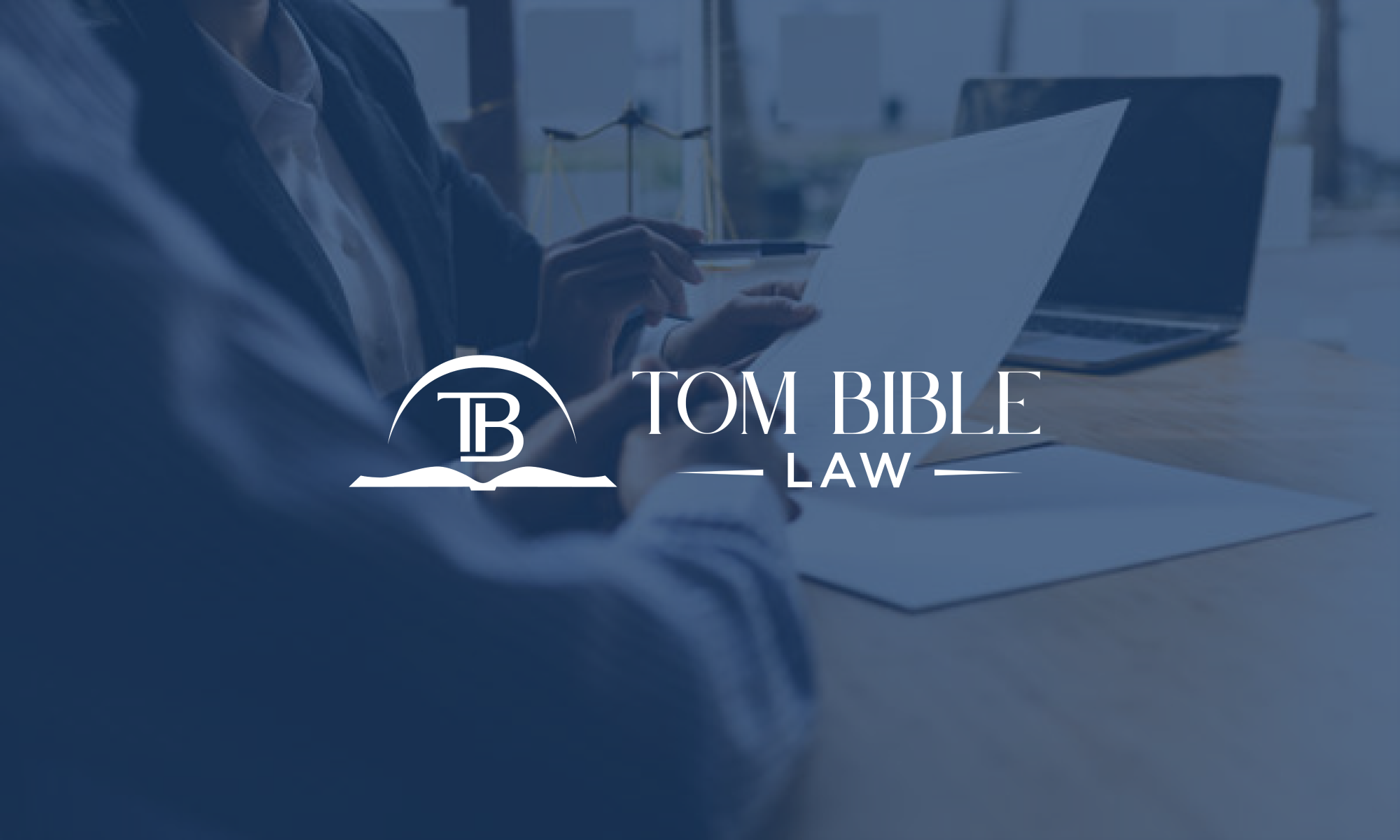Life after bankruptcy can feel overwhelming and hopeless at times. However, several tips for financial recovery and resilience can help lessen the impact of bankruptcy. Exploring practical steps and strategies after bankruptcy may help with recovering more efficiently after bankruptcy. Consider contacting a Kingsport bankruptcy lawyer to explore your financial options today.
Practical Steps After Bankruptcy
Several practical steps can be taken after bankruptcy to start rebuilding your finances. The initial steps after bankruptcy revolve around financial awareness and financial recovery. Each type of bankruptcy and financial situation will come with its own unique challenges.
Chapter 13 bankruptcy involves following a new payment plan. Missing payments could lead to various problems like loss of property. When you feel like you will not be able to make the payments, sometimes the court can modify the payment plan based on changes in circumstances. This dilemma does not usually apply to Chapter 7 bankruptcy since this type of bankruptcy erases debt.
However, having a plan for managing debt and finances after bankruptcy can be equally important to prevent future financial problems. This is why filing for bankruptcy often requires taking a debtor education course. Consulting with a credit counselor may also help with developing strategies to prevent future debt.
Be prepared to file a reaffirmation agreement for secured debts. This may help you keep your vehicle or home, depending on various factors. Lastly, bankruptcy can be found out by potential employers. However, this is usually only through credit reports and many employers cannot look at your report without your consent.
Building Resilience After Bankruptcy
Later steps after bankruptcy include financial recovery from the aftereffects of bankruptcy. The first step is to assess your current financial situation, including your credit score, credit report, financial assets you have left, and your cash flow. Your cash flow can be calculated by subtracting your usual monthly expenses from your monthly income.
If you have a negative cash flow, making less income than you need to pay all bills, then consider taking steps to gain back control. These steps include creating a budget plan, cutting out unnecessary spending, and building an emergency fund. Find creative ways to expand your income with side gigs, odd jobs, selling assets, and going with more affordable alternatives.
Lastly, explore how bankruptcy has impacted your financial stress. This is important to not ignore because the effects of financial stress can lead to worsening financial problems. Financial stress can make managing finances harder, leading to a cycle of financial struggles caused by stress that leads to more stress. Break the cycle by finding someone to talk to and by problem-solving your financial struggles with practical steps.
Call Tom Bible Law for Legal Aid
Dealing with the aftermath of bankruptcy can be daunting to do alone. All you have to do is contact us at Tom Bible Law at 423-874-6628 for a consultation today about your bankruptcy options. Our dedicated team of Tennessee Bankruptcy Attorneys is prepared to assess all your financial options related to bankruptcy. We can be found in the Tennessee cities of Chattanooga, Kingsport, and Tullahoma.


